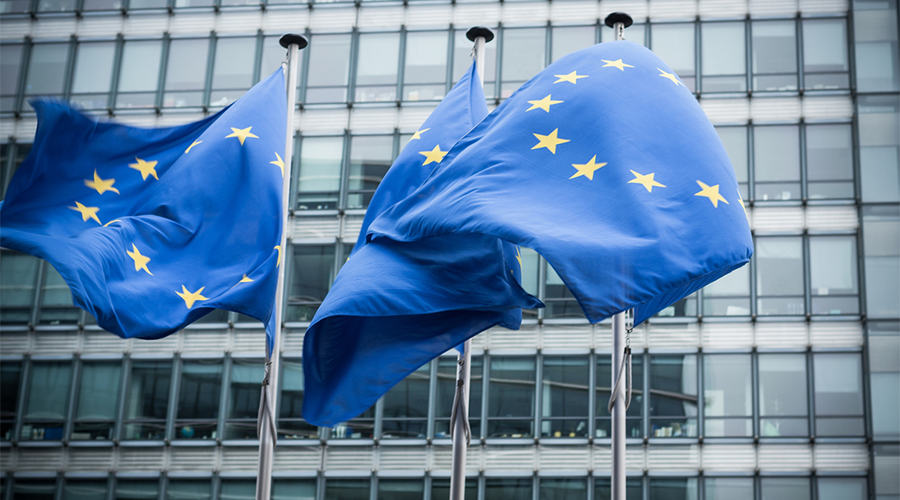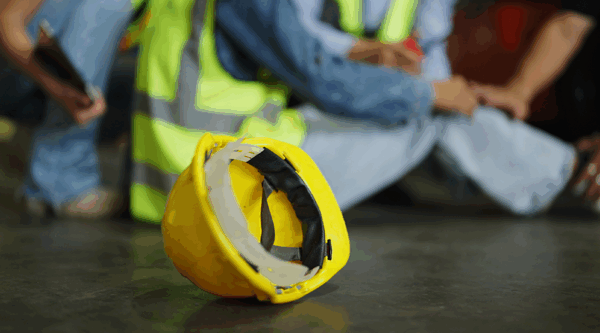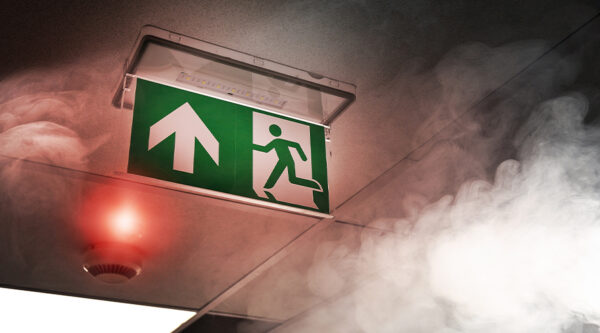

On Friday 13 December 2024, the General Product Safety Regulation (EU) 2023/988 (“GPSR”) will come into force.
It sweeps away the old EU General Product Safety Directive (“GPSD”), which had been the mainstay of EU Product Safety law for over twenty years, and introduces significant changes.
Since Brexit, what difference does EU law make?
GPSR will obviously not apply in Great Britain. However, anyone wishing to place goods on the EU market, including Northern Ireland, will need to ensure their goods do not fall foul of the new EU law.
What was wrong with GPSD?
GPSD applied to all general consumer products unless a sector-specific safety directive applied to create harmonised products, such as toys.
The products in mind when GPSD was enacted were physical products sold in bricks and mortar shops.
The world has changed since 2000 with e-commerce taking hold and, more recently, the developments in digital technology, such as artificial intelligence and connected products for the Internet of Things.
An uneven playing field developed between online and offline sellers. The authorities were particularly concerned about the lack of redress available to a consumer affected by a product manufactured outside Europe when the seller had no physical presence in the EU. Product recall efficacy is low, with too many dangerous products remaining in the hands of consumers unaware of recalls.
What are the key changes under GPSR?
- Responsible persons: Anyone wishing to place goods on the EU market, even if they are not established in the EU, must appoint a responsible person based within the EU. The responsible person is responsible for various product safety matters, such as ensuring that technical information, instructions and safety information is available. The responsible person could be the manufacturer, its authorised representative, importer or distributor. But if none of them is physically present in an EU country or willing to take on the obligations, a responsible person must be separately appointed.
- Emerging digital technologies (“EDTs”) are brought within the remit of GPSR by changes to key definitions. “Product” now encompasses the interconnectivity of products. “Safety” accounts for a product’s cybersecurity features and its learning, evolving and predictive functionalities. A reference within the definition of “safety” to “actual duration of use” means that changes to the product after it is placed on the market are covered, such as software updates or machine learning.
- Risk assessments: Manufacturers always had to risk assess products before placing them on the market. The GPSR brings in new factors to be assessed, such as the interconnection with other products, cybersecurity and the products AI functionalities. It also introduces factors such as gender-related differences and the risks to vulnerable consumers, such as children. Risk assessments for complex products are now even more likely to require significant time and cost to be incurred before the product is sold.
- Online marketplaces now bear significant responsibilities for stopping the sale of dangerous products. Online marketplaces must appoint a single point of contact for product safety. They must work with Market Surveillance Authorities in Europe if a dangerous product is sold on their platform. They can be placed under order to remove products from sale or stop listings.
- Fulfilment service providers are, for the first time, covered by the definition of economic operator, familiar from the harmonisation standards. A person engaged in commercial activity offering at least two of warehousing, packaging, addressing and dispatching services, without acquiring ownership of the products, is a fulfilment service provider and bears the obligations of a distributor under the GPSR.
- Product recalls are now subject to more detailed requirements as to the form and content of recall notices. Consumers are given enhanced remedies following a recall. They are now entitled to choose between at least two of repair, replacement or refund.
- Accident reports and complaint investigations are subject to greater regulation. Economic operators, or their responsible persons, if based outside EU, must notify the authorities via the Safety Gateway – formally known as RAPEX – without undue delay upon becoming aware of an accident. That said, what constitutes an accident is quite serious as the incident must have “resulted in an individual’s death or in serious adverse effects on that individual’s health and safety, permanent or temporary, including injuries, other damage to the body, illnesses and chronic health effects”. The requirements of internal investigations are now more onerous and include an obligation to keep an internal register of complaints.
The direct effect of regulations, as opposed to directives, should mean greater consistency across the EU.
As with the GPSD, the GPSR applies to the extent that its requirements are not covered in sector-specific legislation. However, to the extent that a sector-specific directive does not cover safety aspects of the relevant product type, the GPSR fills the gaps.
Are there two sets of rules for products sold in the EU and Great Britain?
The short answer is yes.
Successive governments have been considering product safety in Great Britain for some years now.
To address the cybersecurity risks in the Internet of Things, the previous government brought in the Product Security and Telecommunications Infrastructure Act 2022 and various regulations under it. That law requires products which can connect to the internet to be cybersecure, such security being demonstrable by reference to cyber security standards.
The Product Regulation and Metrology Bill introduced to Parliament by the current government in November 2024 is aimed at addressing the sale of unsafe products through online marketplaces.
Thus, there are or will be similarities in the laws of Great Britain and the European Union for product safety.
But similarities are not enough when attempting to abide by the law in force in the economic forum into which an economic operator places its goods.
As the sanction of breach of any of these product safety and security rules is dealt with in the criminal courts, for now, the cautious economic operator is aiming high and attempting to discharge the obligations imposed by whichever is the more demanding legislative regime.
Informed Insight
Read more on Insurance, Risk and Regulatory or explore other articles from our Informed Insight newsletter for clients and contacts.














